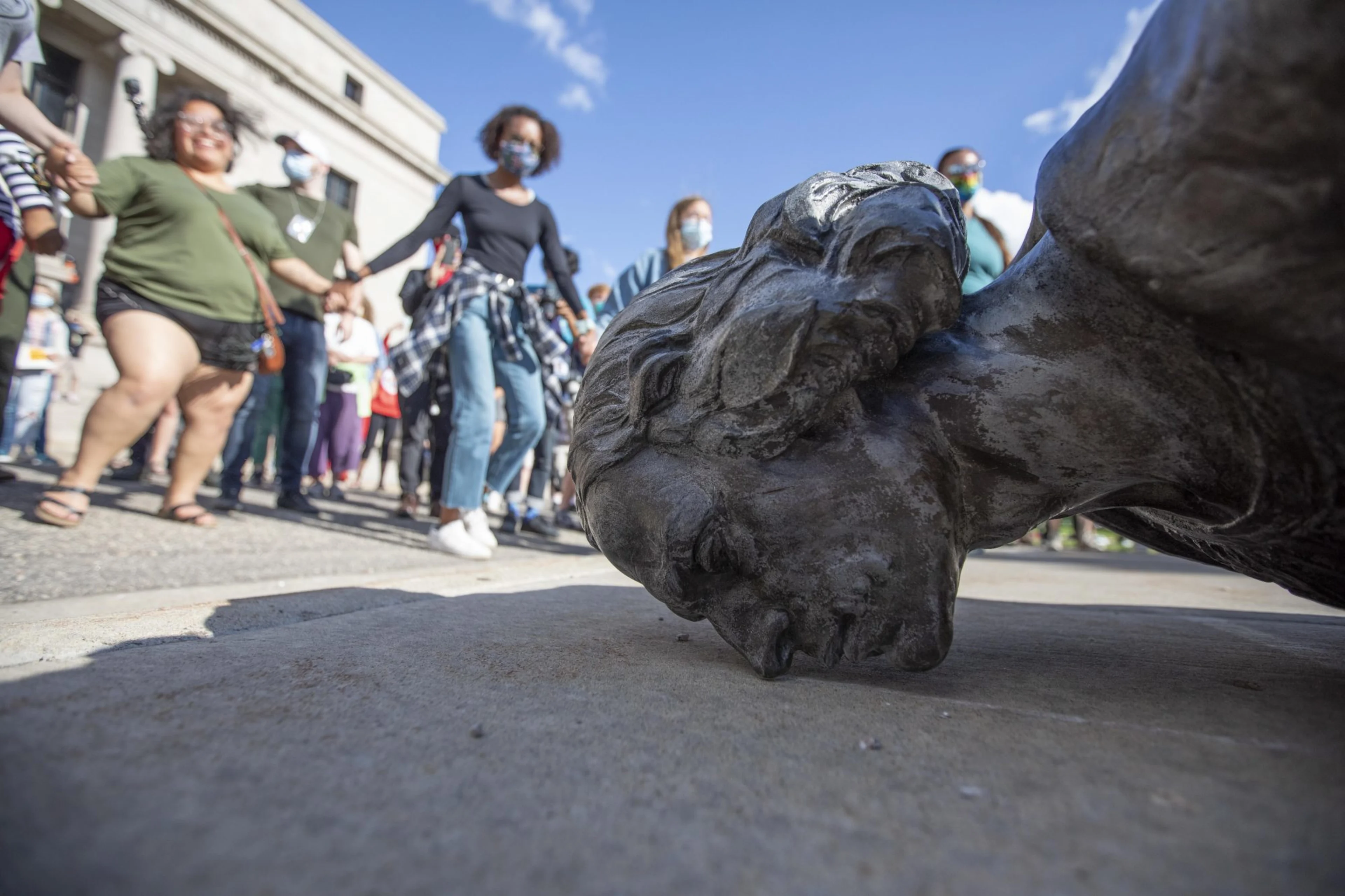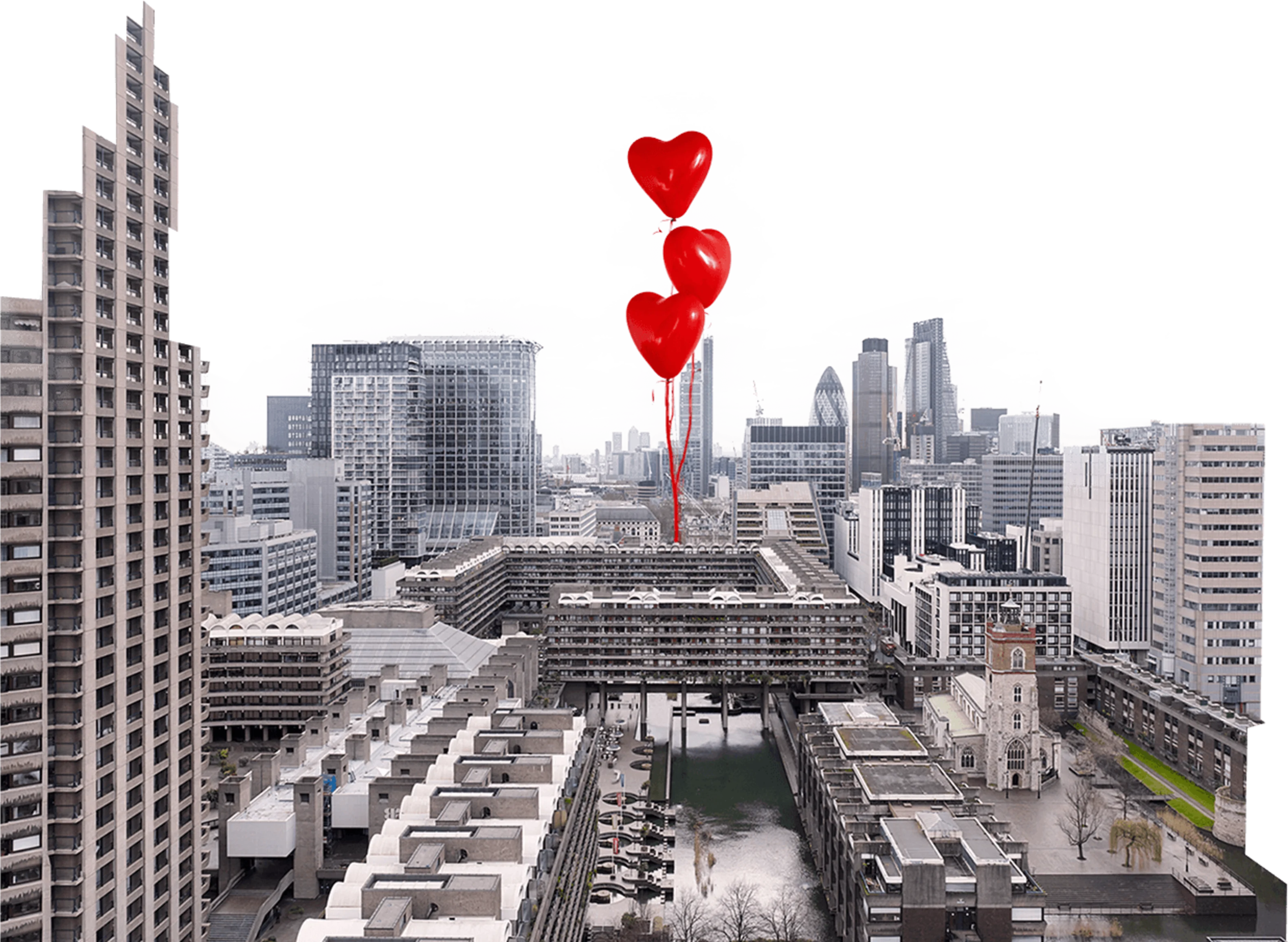Past and Prejudice: Re-writing history has its righteousness
7 January 2022

7 January 2022

Lately, I’ve been thinking a lot about history. Maybe it’s been prompted by the forced stillness of COVID-19 lockdowns and quarantines; maybe it’s been in the back of my mind for even longer than that. Bottom line is that I’ve been asking myself a lot of questions about how we as a society talk about history, how we understand it, and how we pass it on.
Most importantly, perhaps, I have been asking myself which unspoken assumptions about our past and our present shape the world around me, whose point of view and experience they favour, and what might change if we were to tweak and replace them.
Early on, I realised that I’ve always thought of history as a matter of perspective. If my experience of every day is different even from that of the people closest to me, then how can major, social, and political events ever be just one thing?
Of course, there are actions and incidents, and phenomena that take place at one time, in one place, between a certain amount of people; facts, if you will. But history isn’t just a collection of facts; it is a tale about the past, be it immediate or remote. And once things have happened, and once time has passed, how do we really differentiate between what may have been the objective ‘truth’ and what is my take, my experience?
I remember transitioning from an Italian primary school to a British international school, and suddenly my history classes no longer portrayed ancient Rome as an era of great leadership, enterprising statesmanship, vast culture, and impressive engineering. Instead, Romans were powerful and often ruthless conquerors, truly a military force to be reckoned with; in many ways a civilization worthy of admiration, of course, but intruders nonetheless.
As a 10-year-old child, I had no difficulty accepting this malleability in narrative. There definitely hadn’t been enough time for any single historical account to calcify in my mind, let alone a static sense of national and cultural pride. Although I am sure I have since accumulated my own fixed points that would instinctively resist change, I am still sceptical of firm and unwavering views of history.

This past summer, on a hot August day, I was sitting with my family on my gran’s balcony. We started discussing statues, their role in public space, and their recent removal spurred by the Black Lives Matter movement. Just a couple of days prior, the news had broken that a statue of Christopher Columbus would be removed from its monumental pedestal along Mexico City’s central boulevard, and replaced by a stone carving representing an Indigenous woman. This new statue, a 20-foot-tall replica of a pre-Hispanic sculpture kept in the National Anthropological Museum, would stand as a cultural homage to Mexico’s native populations rather than to their colonizers.
As we talked, I could see palpable cognitive dissonance in my dad’s voice; on one hand, he recognized the violent history that characterizes the Spanish conquest of Central America, but on the other, he couldn’t reconcile the mythicized Christopher Columbus, the intrepid adventurer who ‘discovered’ America whom he studied at school throughout his childhood, with the imperialism and colonialism he stood for and enacted.
Perhaps my dad just had longer to create this fixed point in his chronological map of early modernity; perhaps European imperialism lends itself particularly well to a story of more defined, normative ‘winners’ and ‘losers’ - after all, history is written by the victors. But his view on this piece of history isn’t dissimilar to our general, societal approach towards all history. Textbooks propose one perspective, curricula follow one narrative strand, and museums display according to a somewhat-concealed hierarchy of value.
How many classes did you take on the history of medieval Europe? I learnt all about the architecture of different kinds of castles, each with its own kind of walls and moats. What about World War I or the Cold War? I did 3 years in a row of trenches, nuclear threats, and Iron Curtains.
And how many pages were there in your primary school history textbook on Africa or Asia? Not counting the chapter on ancient Egyptians (the exception that proves the rule), mine had about 20 on both continents combined (for context: it had almost 1000 pages in total). Were there any on the history of Torres Strait Islander people, the indigenous population of Australia? Mine certainly did not.
I am not trying to argue that what we did learn about in school isn’t important or interesting; far from it - I loved all of my history classes. What I’m really trying to get at is the way in which we assimilate and pass on history and culture in their widest definitions. More often than not, it is as if we look at the past from an atemporal position, pretending that we are not products of our own time, and simultaneously allowing ourselves to pick and choose what we deem valuable and conveniently omitting what we don’t. So much of our contemporary Western culture and outlook is based on Eurocentric imperialism, and the way we tell history allows us to remain ostensibly oblivious to it.
Last year, when the BLM movement demanded recognition for victims of institutionalised racism, one of the core goals was to shed light on these processes of discrimination that have been perpetuated by our cultural language and historical structures. When protesters first and contrite officials later started taking down statues of slave traders, slave owners, and colonisers, the aim wasn’t to erase them from history entirely but to stop monumentalising their achievements while turning a blind eye to their prejudices, beliefs, and actions.
Some people will argue that this is a sort of anachronism, an imposition of our ideas and values at a time when such principles hadn’t been developed yet, or simply when they didn’t know any better. And sure, perhaps it is technically anachronistic to talk of feminism before the suffrage movement of the 19th and 20th centuries, but that doesn’t mean we should never question the conspicuous absence of women from earlier history.
My high school history teacher had a citation pasted above his classroom door that read ‘the past is a foreign country: they do things differently there’. Although I never even flicked through L.P. Hartley’s The Go-Between, from which these words are taken, I used to really like this quote; I am not so convinced anymore. The past isn’t locked off and impenetrable, and, most importantly, it isn’t exempted from all accountability.
We should be able to differentiate between Holocaust negationists or slavery denialists, and historians who point out that Columbus didn’t ‘discover’ America - vast and developed civilizations had been living on the continent for centuries already!
Indeed, there’s a massive and important difference between Stalin manually cropping state officials who had fallen out of favour with the regime from photos and documents, and scholars pointing out that there were significantly more women involved in the creation of art during the Renaissance (contrary to what Vasari and traditional art history have led us to believe so far). One is a (hilariously) physical and overt attempt at changing the way history is passed on; the other is an impetus to shed new light on an old story.
It isn’t anachronistic at all to ask ourselves why a certain narrative hasn’t changed with time, or why a certain narrating voice describes events the way it does. Our contemporary changing perceptions of social and ethical values should exist at the core of our process of studying and retelling history: we need to keep asking questions, not only about events of the past themselves but also about how they have been told to us, passed down through the years.
Since BLM, I have noticed some change: in the months immediately after the peak of the worldwide protests, numerous British schools started devising actively anti-racist curricula to amend the state-mandated one; institutions, public and private alike, began paying more attention to diversity, inclusivity, and transparency.
More recently, a string of news reports popped up across British national newspapers: the British Museum initializing the return of the Benin bronzes in its collections; the National Museum of Scotland considering changing the name of its ‘discoveries’ galleries to something with less Euro-centric and imperialistic connotations; London’s National Gallery publicizing the connections to slavery present in the lives and artworks of a number of its biggest artists…
All these things are revisions to the existing, normative assumptions about our history. First and foremost, they are actions that question existing notions, admit the presence of different perspectives, and welcome their inclusion into an overarching historical timeline.
Although only the initial steps in a long line of necessary changes, I think they’re in the right direction. To be able to accept history as a malleable, ever-growing and ever-changing multitude of stories, we need to acknowledge, appreciate, and respect the widest range of perspectives possible. We need to remember that what we choose to include, as much as what we choose to omit, reflects what kind of story we want to tell; it’s not a passive process, but an active one, and we can no longer pretend that we don’t have a role to play in shaping history.
Written by
Manuela GressaniArt history graduate, passionate about people and the stories they have to tell.
Read next
It's time to return the marbles

Lydia Housley
Learn to love modern architecture: it's not as bad as you think

Adam Ross
Are secondary schools second-rate? Let’s privatise them

Archie Rankin
Weekly emails
Get more from Manuela
The Fledger was born out of a deep-seated belief in the power of young voices. Get relevant views on topics you care about direct to your inbox each week.
Write at The Fledger
Disagree with Manuela?
Have an article in mind? The Fledger is open to voices from all backgrounds. Get in touch and give your words flight.
Write the Contrast